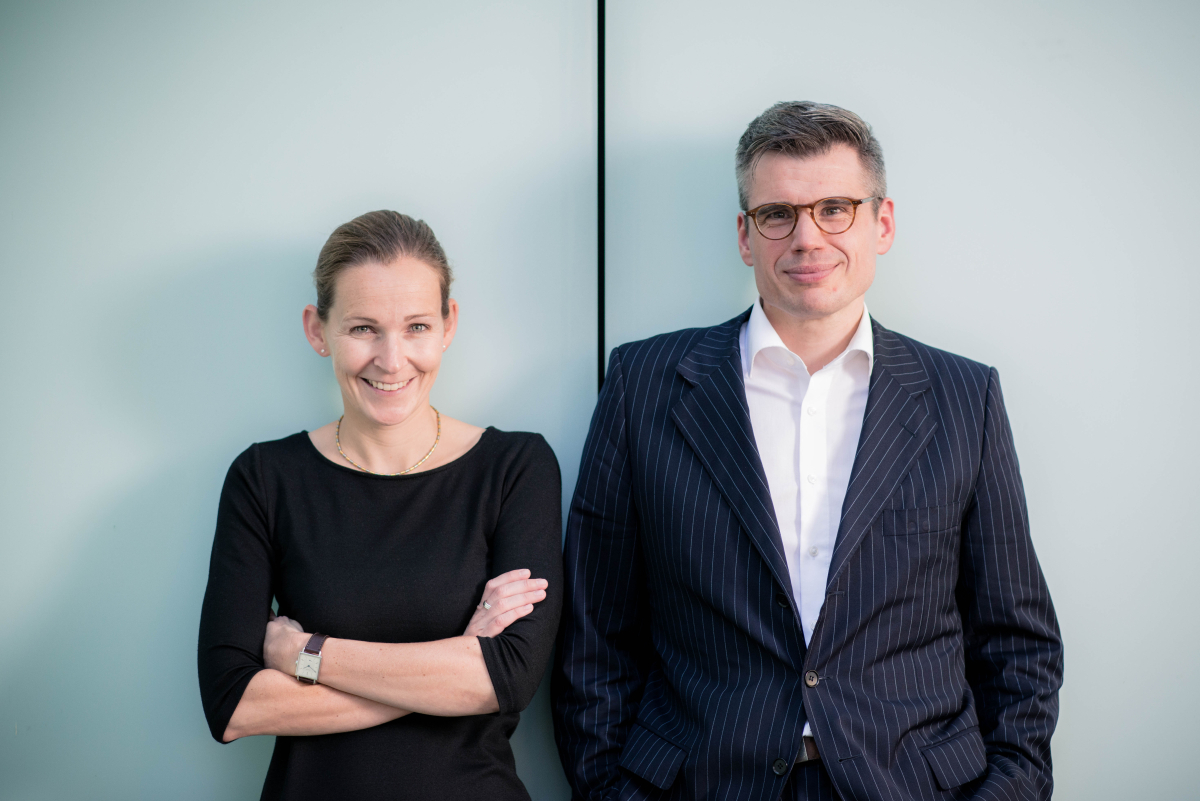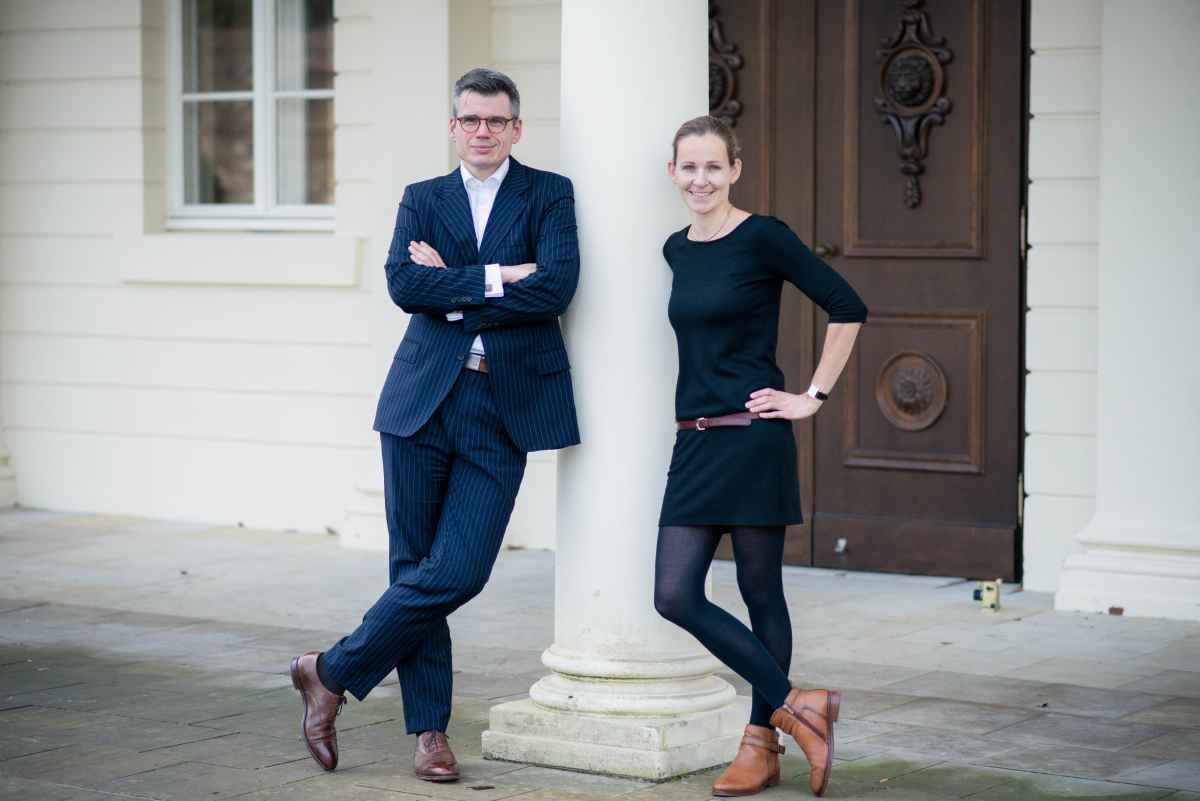"Freigeist-Fellows are not in the mainstream with their research projects" – Interview with the initiatives program directors (1/2)
Since 2014, the Foundation's Board of Trustees has been electing ten to fifteen Freigeist Fellows each year: Young research talents in all disciplines with an extraordinary research idea, who tread new territory and are working at the borders of neighbouring fields or disciplines. What makes a "Freigeist" in the eyes of the Foundation and how can you apply for the fellowship program? Dr. Johanna Brumberg and Dr. Oliver Grewe, program directors of the initiative, answer these questions in our interview.
The term "Freigeist" is wide open to interpretation. What makes a "Freigeist" in the eyes of the Foundation?
Johanna Brumberg: Applicants for a Freigeist Fellowship need a certain amount of courage if they want to venture into the unknown and tread new territory with their project in the spirit of our funding initiative – and that over a period of at least five years. It isn’t everybody’s cup of tea, it’s not for everybody, and not everybody has to do it. But those who dare to take such a step are right on target with a Freigeist Fellowship.
Oliver Grewe: Basically, the Freigeist Fellowships do not follow the logic of trimming the application for the initiative. Potential Freigeist Fellows are those researchers who are not in the mainstream with their projects or special research areas anyway, but want to do something of their very own. They are highly independent and very good in their field, and also are prepared to take the risk of carrying out an unusual research project.
How many of these Freigeist fellows can you identify per year among the applicants?
Johanna Brumberg: It’s not our intention to find a three-digit number of Freigeist Fellows every year. This type of exceptional research project is actually a niche phenomenon. But it is exactly for these niches that the Foundation set up the Freigeist Fellowships: We fill the gap that had so far existed in the German funding landscape in respect of promoting exceptional researchers, who sometimes perhaps even cause offence with their research projects – and of course we give them a certain degree of trust as well, where other research sponsors may be more restrained. Through this orientation of the initiative, we come to a number between 10 and 15 people per year.

So there is no such thing as a specimen application, which potential applicants often ask for?
Johanna Brumberg: The kind of pattern or specifications that some people would like to have as an orientation would be a complete contradiction to the idea of the Freigeist fellowships. The Freigeist fellowships should open up room for their own research ideas, for the things that perhaps no one has thought of or dared to think of before. And the more standards were given, the more we would inhibit creativity. It is better to consider: "What would my ideal research project look like?"
Oliver Grewe: It's not about how best to fit into the initiative: So one shouldn’t ask about how to present yourself to become a Freigeist Fellow. And since we do not ask for run of the mill applications, we also offer more than the grant money: The program puts the fellows in contact with researchers from completely different disciplines, especially at the events that are part of our funding. These include, for example, meetings of grantees, media training and the "Professionals in Science" training measure. This program is particularly useful for young international researchers who have been drawn to Germany by a Freigeist Fellowship. They receive support through the program in order to find their way around the German university "jungle". These additional offers support researchers who want to go their own way and pursue it consistently.
Johanna Brumberg: As Freigeist projects entail not only the research process but also organizational challenges, we, as the promoter who demands these qualities, also want to offer as much support as possible. The manageable number of Fellows per year allows us to accompany our grantees adequately during the project and to be really available for consultation. At the same time, we closely network the grantees so that they can exchange ideas and benefit from their respective experiences. In the past, this collegial exchange, the networking and exposure to perspectives beyond one's own subject have already produced some interesting cooperation between the grantees.
Part II of the interview: How to Become a Freigeist Fellow - Interview with the Program Directors of the Initiative (2/2)
Next deadline
The next deadline for applying for a Freigeist Fellowship is October 11, 2018. Here you will find all the information about the Freigeist Fellowship funding initiative.

